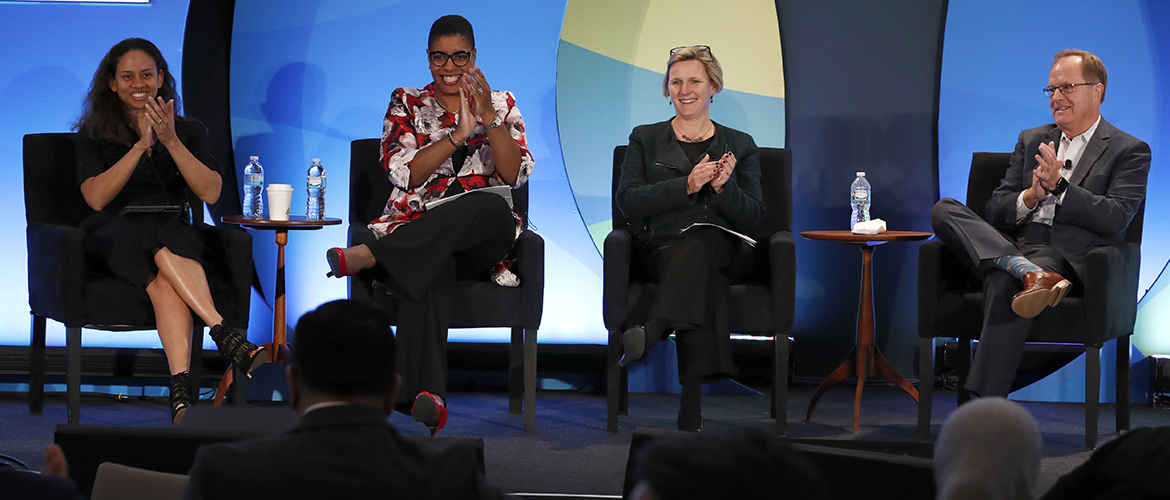It’s clear that variables such as education, geography, employment and income play a big role in health.
Some experts estimate that 80% of a person's health may be related to social, economic and environmental factors — or social determinants — as well as behaviors, including exercise or smoking. That means just 20% is linked to health care, including access and quality.
In response, health insurers are harnessing data to help identify and find new ways to address health-related social needs and reduce medical costs.
Blue Cross and Blue Shield of Montana is using data to help connect members to transportation, food and nutrition programs and other resources.
“Social determinants of health overarch so much of what we do,” said Manika Turnbull, vice president of community health and economic impact for Blue Cross and Blue Shield Plans in Illinois, Montana, New Mexico, Oklahoma and Texas. “We are using data to change the way we talk about health care. Data is going to be the future. It will drive us in the right direction.”
Data-driven solutions
Advancing health equity and addressing social determinants of health was the key topic at the April 4 Health Equity Summit.
Leaders representing a cross section of the business — including care management, analytics, marketing and provider networks — emphasized during the Health Equity Summit that predictive analytics and technology will drive long-term investment strategies to address members’ needs.
“To stand with our members, we need to understand where our members are standing,” said Mary Vollkommer, the Plans’ vice president of provider payment innovation and analytics.
Data presented during the event showed that reducing pre-term births among African-American and Latino members would reduce costs by $5 million.
“We have to make the right investments at the right time to address pressing health care needs,” Turnbull said. She also noted that it’s important to partner with other organizations, government agencies and employer customers to develop meaningful and sustainable solutions.
“We’re being seen as the conveners,” she said. “We’re really starting the conversation about how to drive this further.”
Making the right connections
Developing programs to address social determinants of health has become a business imperative for health insurers. Participants in the Health Equity Summit agreed the Blue Cross and Blue Shield Plans’ commitment to members and deep roots in their communities will drive their strategies and success.
“We have to make a real impact,” said Dr. Opella Ernest, the Plans’ senior vice president and chief clinical officer. “It is fundamental to who we are.”

